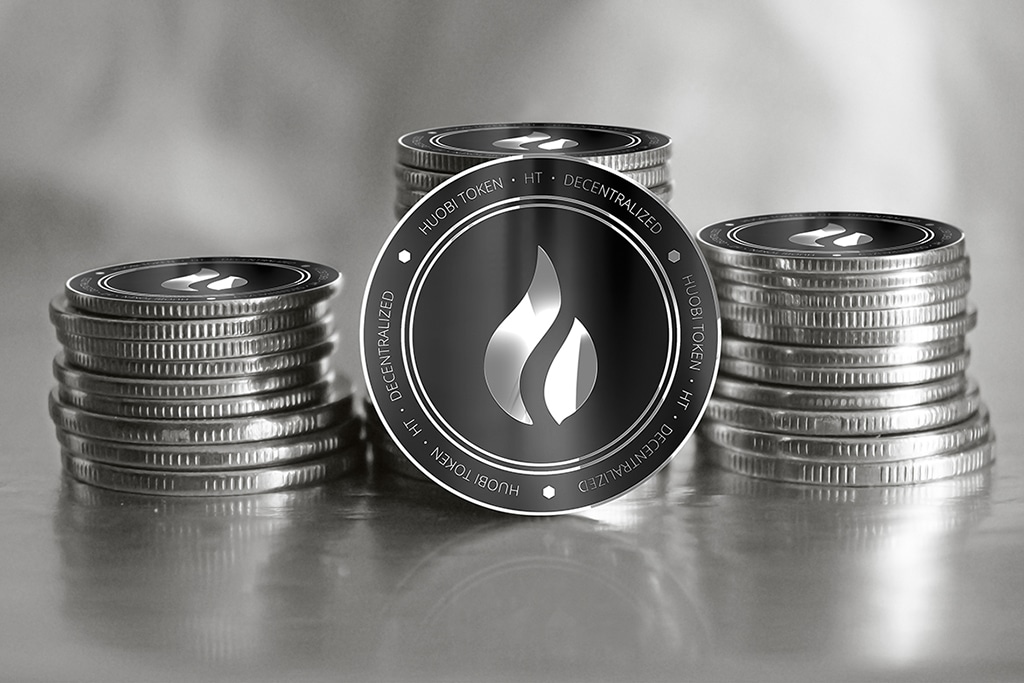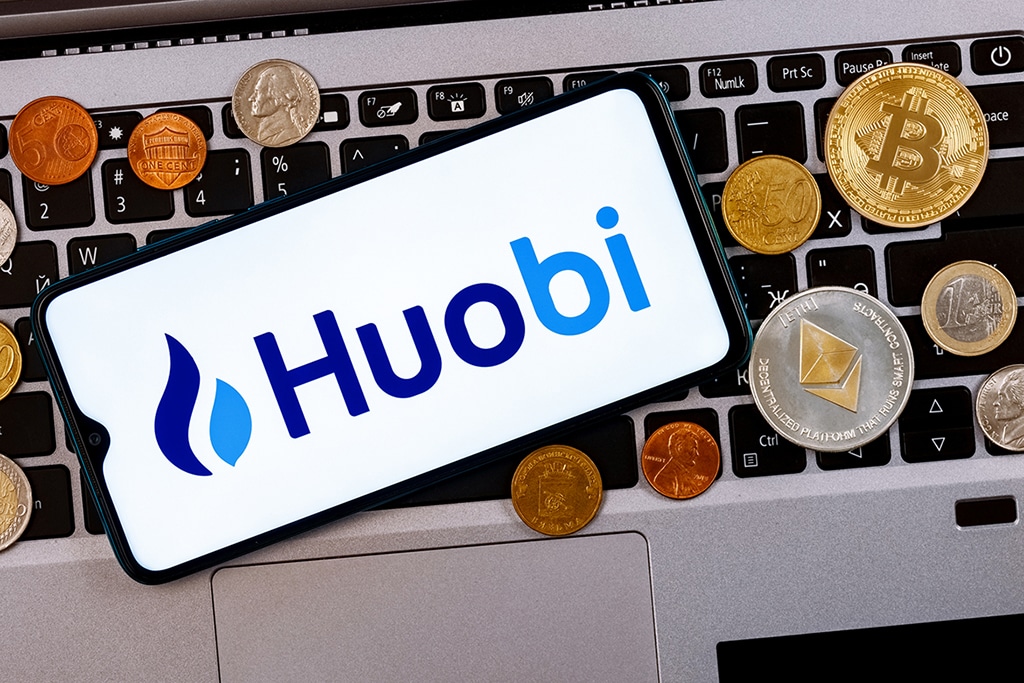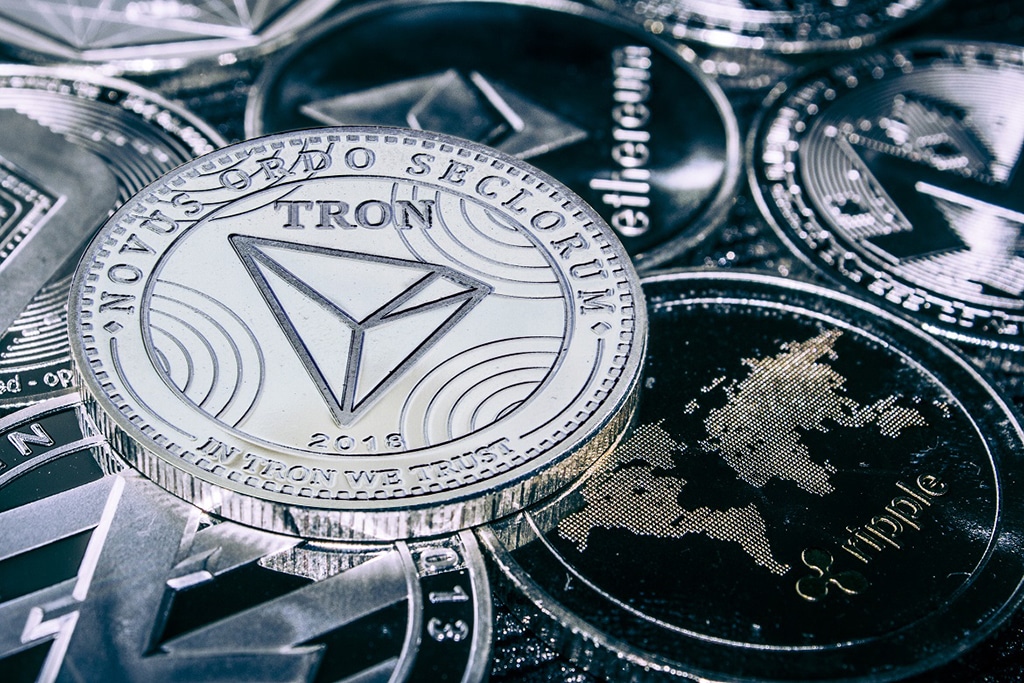
Huobi Realizes $30 Million Q1 2023 Profit amid Restructuring Plans
Following its Q1 2023 profit, Huobi expects an even bigger net income haul of $110 million for the second quarter.


1H
5.11%$0.0103
24H
-10.2%$0.0241
7D
2.58%$0.0053
30D
-34.4%$0.1115

Following its Q1 2023 profit, Huobi expects an even bigger net income haul of $110 million for the second quarter.

Interesting price action was experienced in Huobi Token over the past 24 hours in which the digital currency, native to the Huobi Global exchange experienced a flash crash with its price dropping by as much as 93%. In what is considered a very rare event, the digital currency rebounded at almost the same rate within a short time.

Huobi saw its native token value surge on news that it had applied for a crypto trading license in Hong Kong.

Tron and Tron-based tokens have surged between 500% and 4000% on the FTX exchange as the exchange pursues alternative options to get out of its liquidity crunch.

Justin Sun stated that he will add to his haul of Huobi tokens, as he also seeks to improve its linked exchange’s fortunes.
Huobi is a Chinese digital currency trading platform and exchange based in Beijing. Huobi was founded in September 2013. It is one of the largest digital currency exchanges in China. In August 2017 Huobi along with OKCoin invested 1 billion yuan ($150 million) of idle client funds into “wealth-management products”. In September 2017, It was reported that Huobi and OKCoin would be stopping Yuan-to-bitcoin trading. In November 2017, According to reports, Huobi launched three tokens: 0x (ZRX), Kyber (KNT), and Airswap (AST) on their global trading platform, huobi.pro. In October 2017, the exchange fell victim to the authorities ‘ policy against digital assets and was forced to close. The exchange opened again under the Huobi brand.pro. Domain Huobi.pro was registered on March 19, 2017. Exchange has its own token – Huobi Token (HT).
Here’s an outline of Facebook business model – how the company makes its money, its financials, business segments, and recent developments.

There have been many incredible strategies to build great wealth, and a lazy portfolio is one of them. Here’s a guide dedicated to providing our readers with an in-depth understanding of a lazy portfolio.
